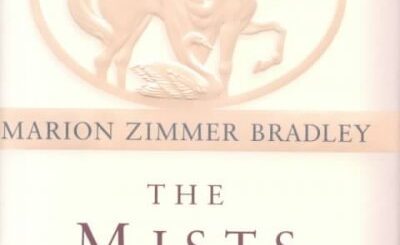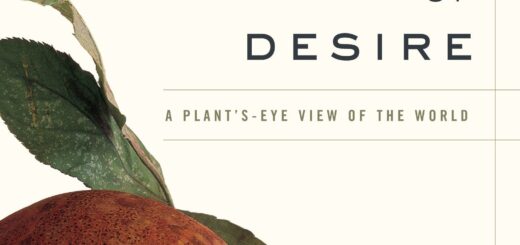When We Were Orphans by Kazuo Ishiguro
Despite their location on opposite sides of the planet, it has often been remarked that Japan and Britain bear an uncanny resemblance to one another, culturally speaking: two island nations that sit, somewhat defensively, off great continents.
Both the Japanese and British tend to be extremely courteous and reserved — we’ll avoid the word uptight, though it lurks. There is a sense of duty, of being true to one’s caste, and of keeping a firm upper lip when times are tough — face it, a certain arrogance and belief in their national superiority. Even the drinking of tea is a ceremony in both cultures. And let’s not forget a tolerance for getting occasionally tidily, the men folk letting down those famous walls of reserve in pubs and karaoke bars.
There are many differences as well, of course. Japan is Asia, and England is Europe . . . or almost Europe, if it ever deigns to join. Then there’s food, the profound divide between sushi and fish and chips, a nice tempura versus bangers and mash — we won’t even mention that dreary, overcooked vegetable, the brussel sprout. Still, the differences accent the similarities, and perhaps explain why the most ultimately British novelist today is, in fact, Japanese — Kazuo Ishiguro, who was born in Nagasaki in 1954, and moved to Great Britain when he was five.
Ishiguro won the Booker Prize with his novel “The Remains of the Day,” that was made into a memorable movie with Anthony Hopkins, a story of a perfect English butler in a fading, postwar WWI England, who finds meaning in his life from having served “a great gentleman.” Story wise, you simply can’t come up with a theme that is any more British than this — told with sympathy from a Japanese aesthetic.
I just finished Ishiguro’s most recent novel, “When We Were Orphans,” which is again an intriguing mix of East and West. The narrator is Christopher Banks, an extremely proper, insular Britisher of the old school who grew up in the International Settlement in Shanghai before World War II — his parents, of course, never allowed him to venture into the Chinese part of the city. Christopher’s parents are kidnapped in China in mysterious circumstances, leading the young man to return to England and become a great amateur detective, in the Sherlock Holmes mode. The story starts in London in 1930, where we see Christopher gradually put together the pieces of his childhood, reclaiming complicated memories of distant events.
“When We Were Orphans” is a subtle book that captures the mystery of memory, how we know things, as Christopher Banks — the not entirely likeable narrator — comes to terms with the incomplete remembrances of his childhood, and tries to discover what really happened. In the end, he returns to Shanghai in 1937 to solve the mystery of his parent’s kidnapping, discovering a Shanghai that is vastly different from the one he left as a child. The Japanese are bombarding the city from their gunboats while the Europeans in the International Settlement watch uneasily from their crumbling world.
The novel takes on a dream-like quality as Christopher finally ventures into the Chinese part of the city, devastated now by war and various shifting factions — Chiang Kai-shek, the Communists, the Japanese — all moving back and forth through the rubble, fighting to claim then lose a few yards of ground. In all this chaos, Christopher at last discovers what really happened in his childhood, and it is, of course, different from what he had imagined.
“When We Were Orphans” is an intriguing book, a fast read, but the subtleties linger after you close the final page. As in “The Remains of the Day,” there’s a very British sensibility at work in the story, like a brussel sprout sitting in the middle of a plate. Yet one senses the pickled ginger not far away . . . or to put it better, and forget my grumbling stomach: cherry blossoms, and haiku, and the delicate brush strokes of old Japanese prints.
- National Epilepsy Day 2023:Common Signs And Symptoms - November 17, 2023
- Top 10 Cosmetic Packaging Designers in the USA - April 12, 2023
- Luxury Website Designers: The Ultimate Guide to Creating a High-End Website - April 10, 2023


